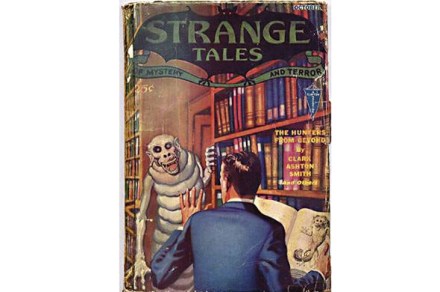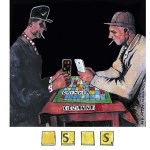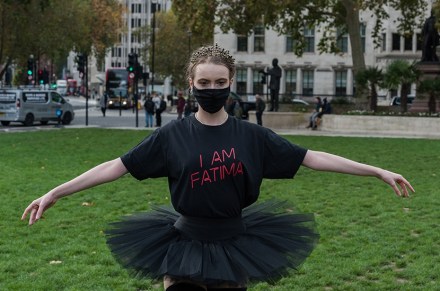The unfortunate misuse of ‘fortuitous’
‘Try the sports pages,’ said my husband, stirring in his armchair. I was looking for examples of fortuitous used as though it meant ‘fortunate’. You and I know that it means ‘produced by chance’, and it seems a pity to lose the distinction. The sports pages were indeed thronged with fortuitous. Football, it seems, is a game of chance. It didn’t take long to get a writer in the Daily Mail bang to rights. ‘Only occasionally will you get lucky. Arsenal did ride their luck to down Klopp’s team in London towards the end of last season but may have to wait a while to be so fortuitous again.’ There





















